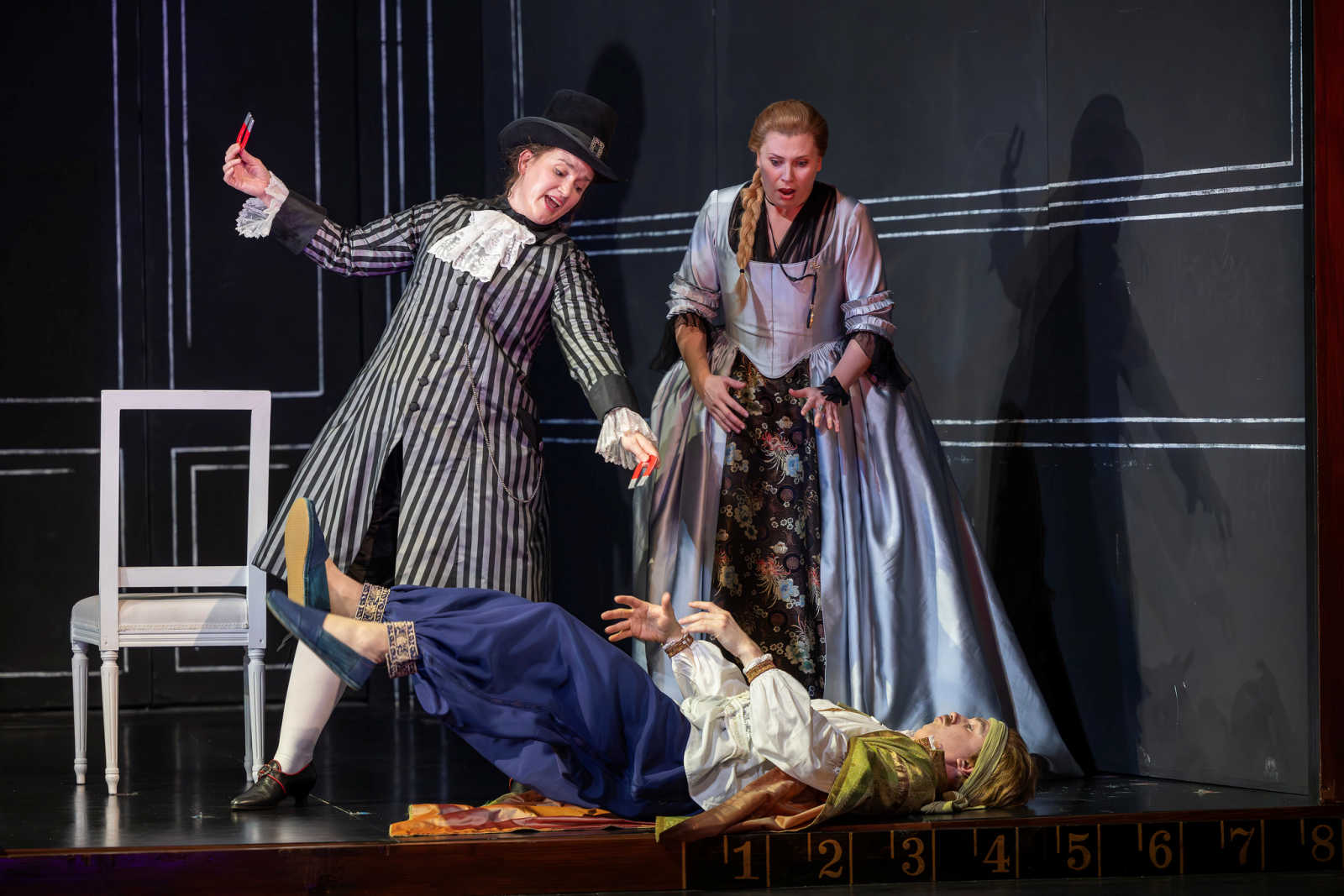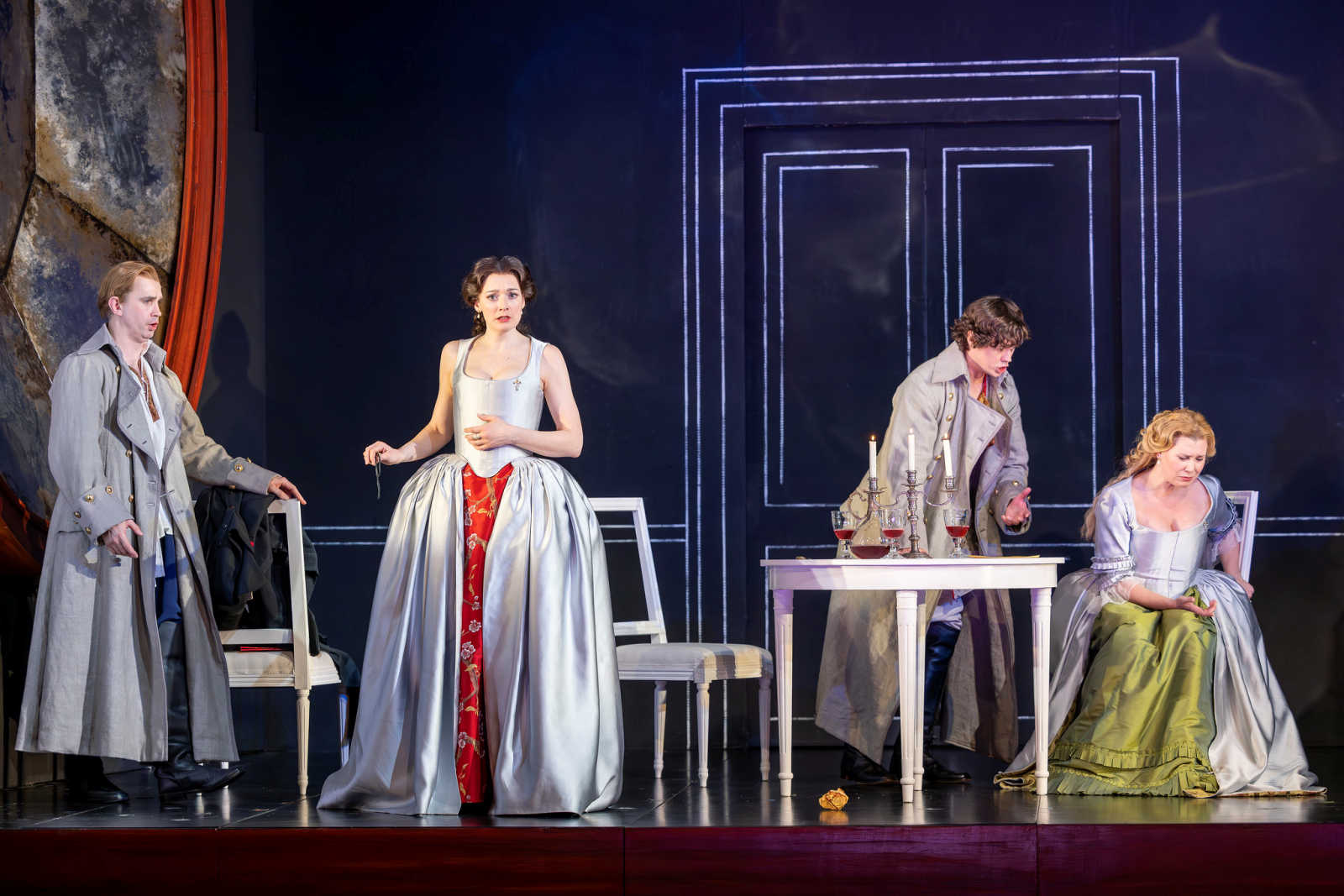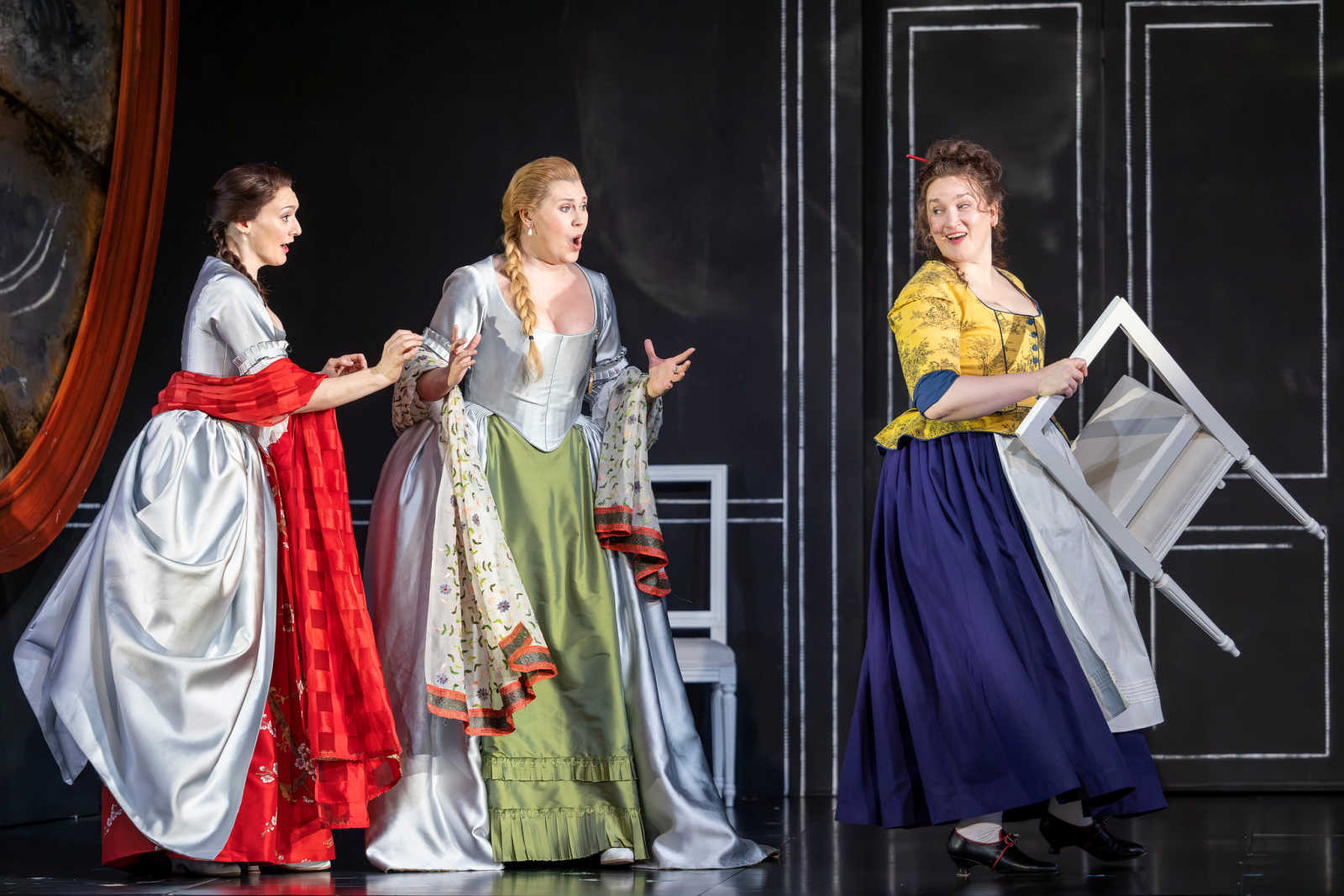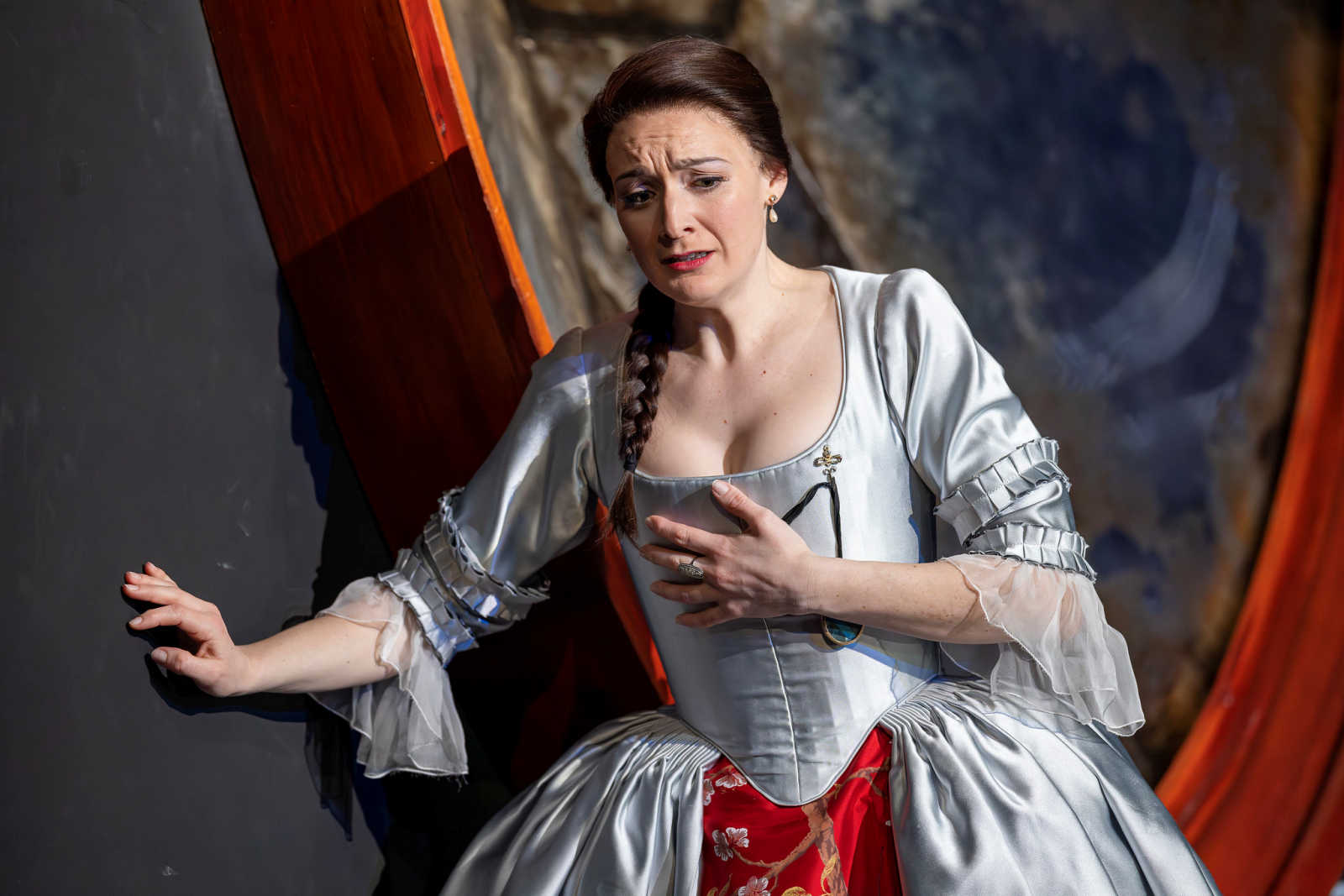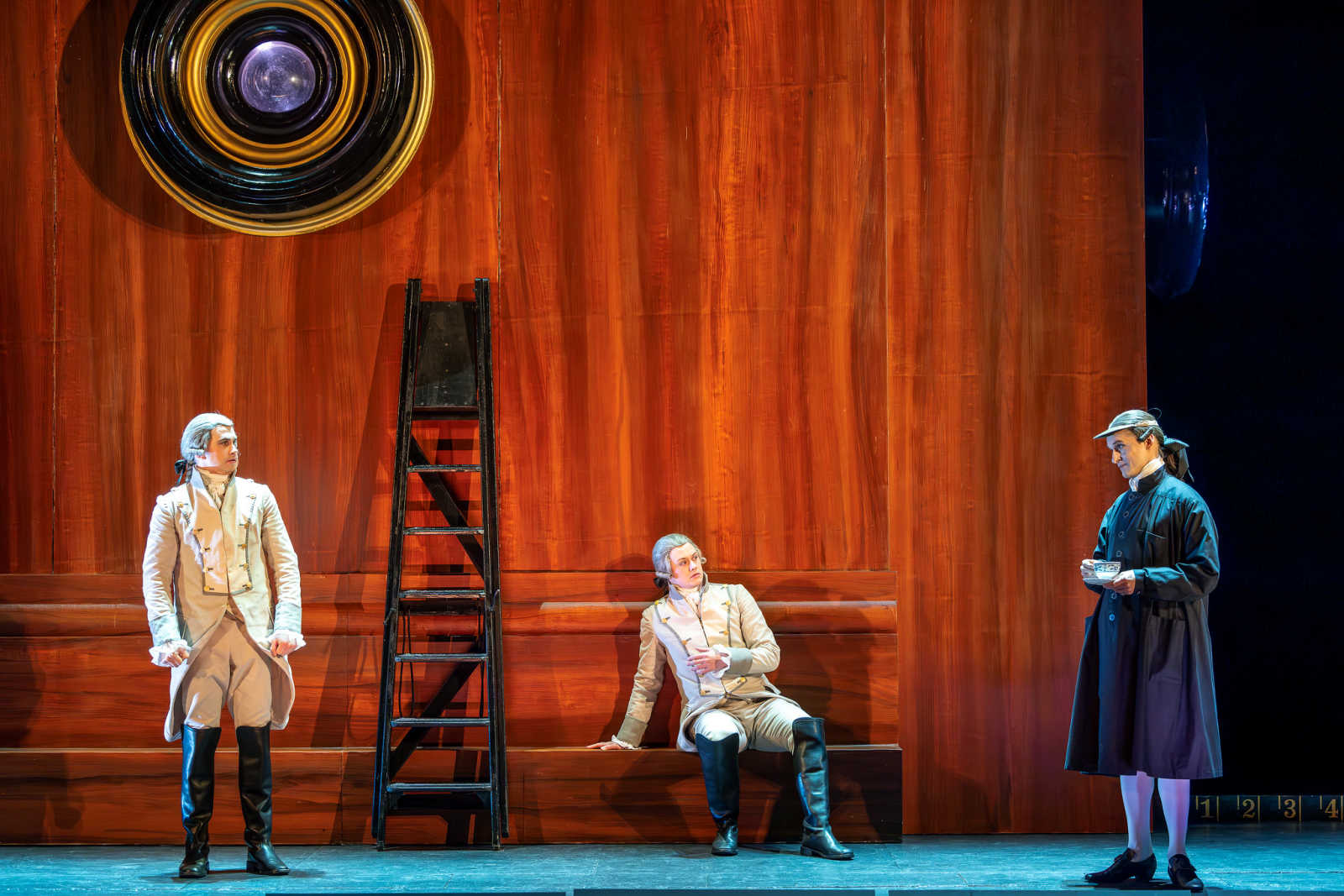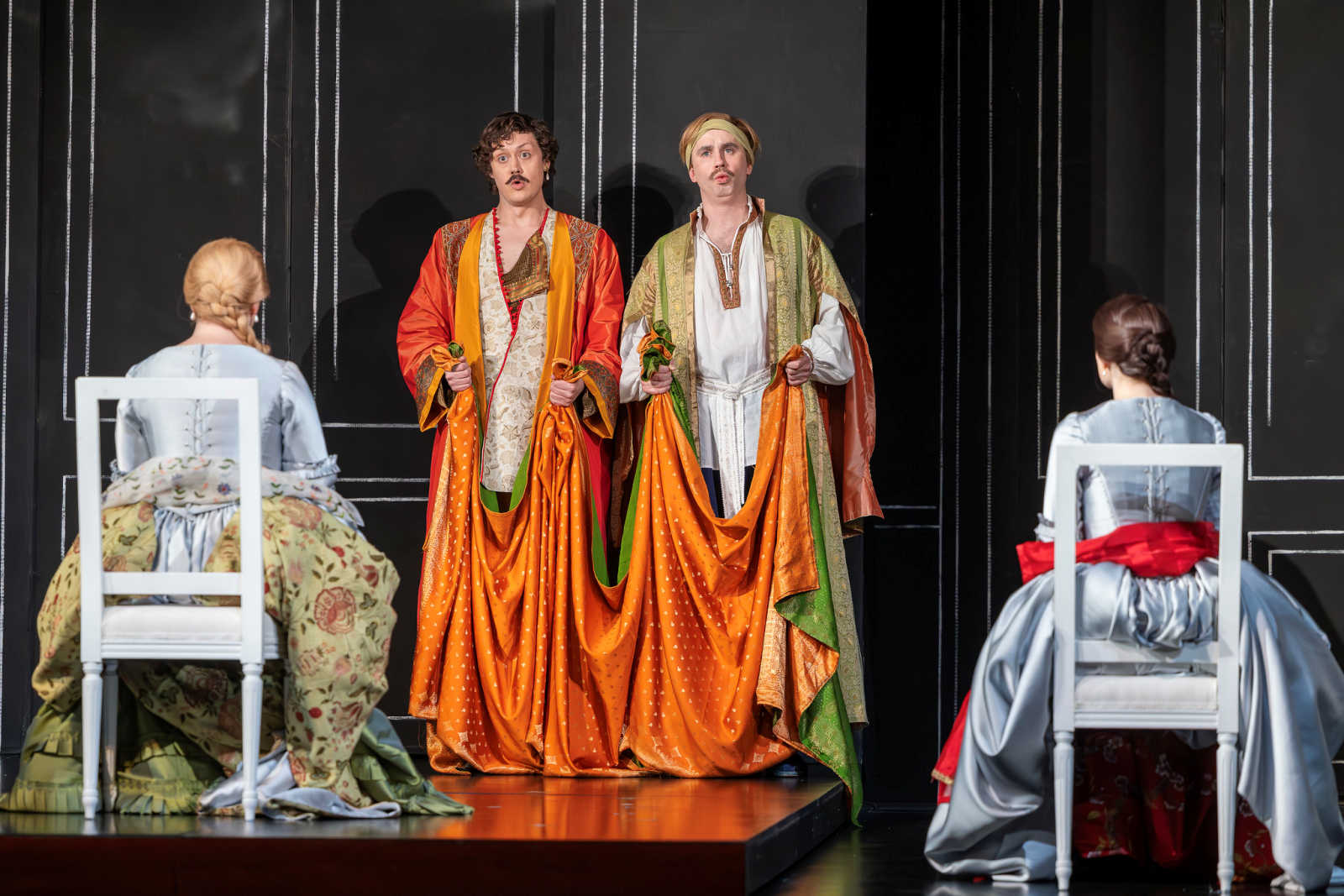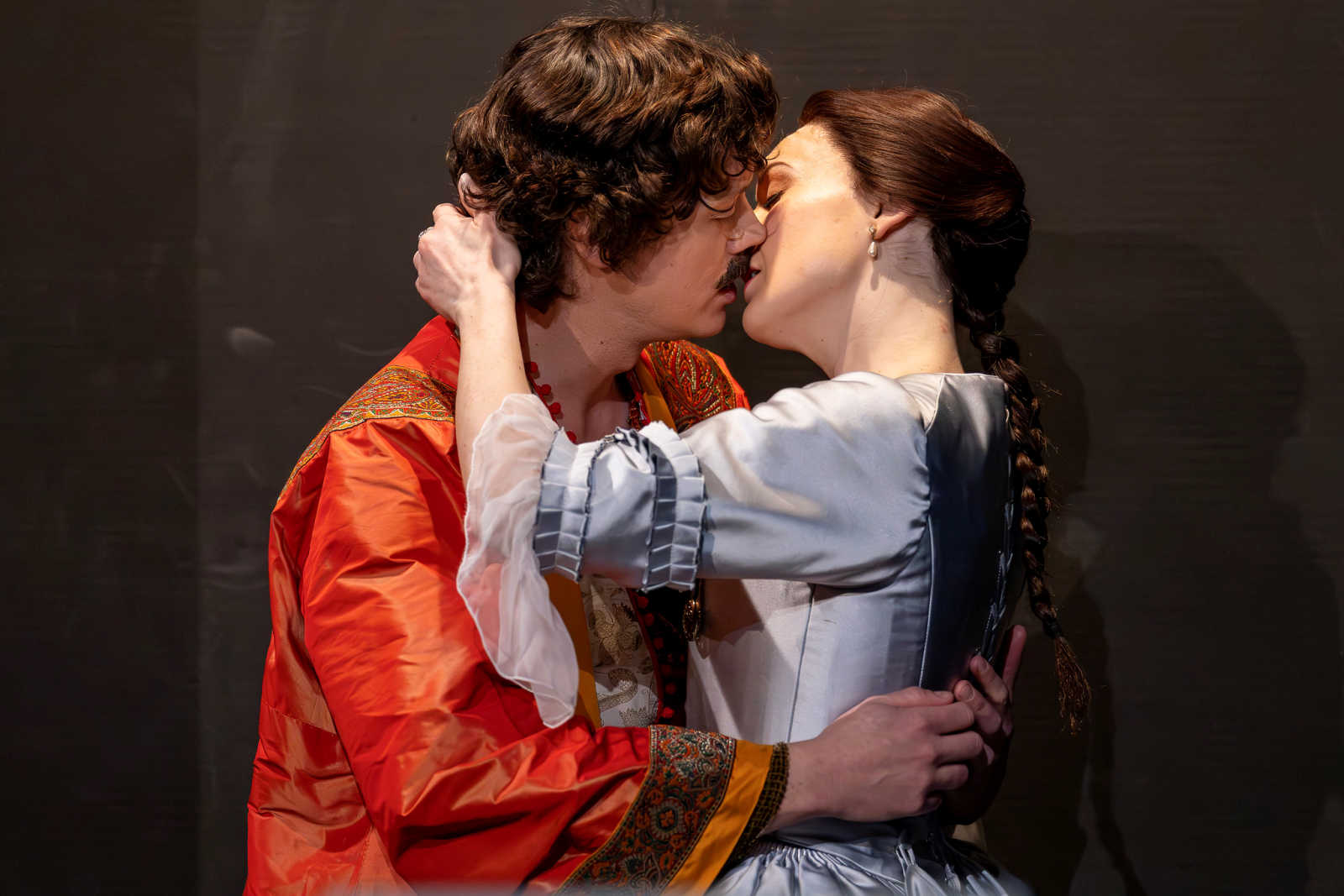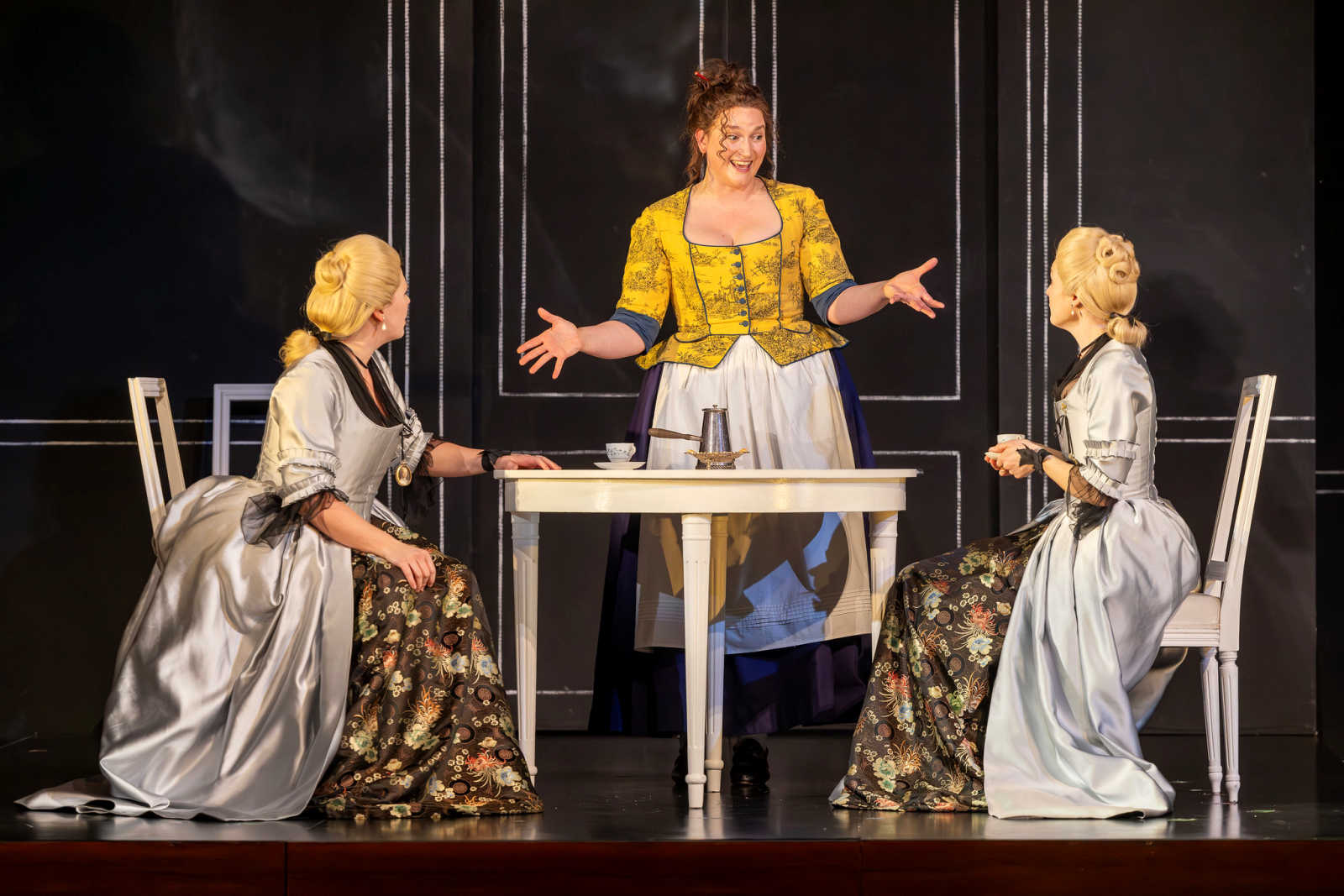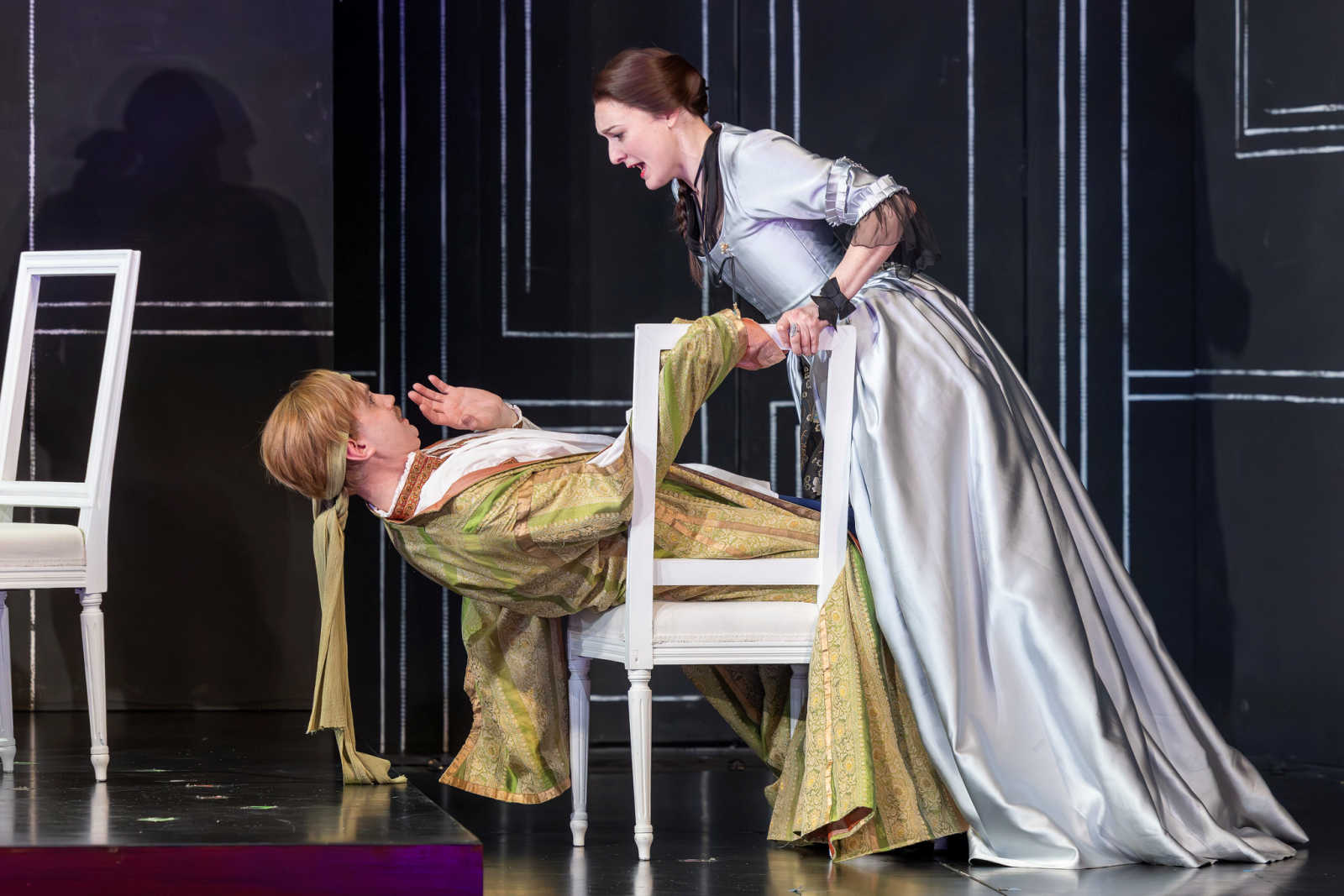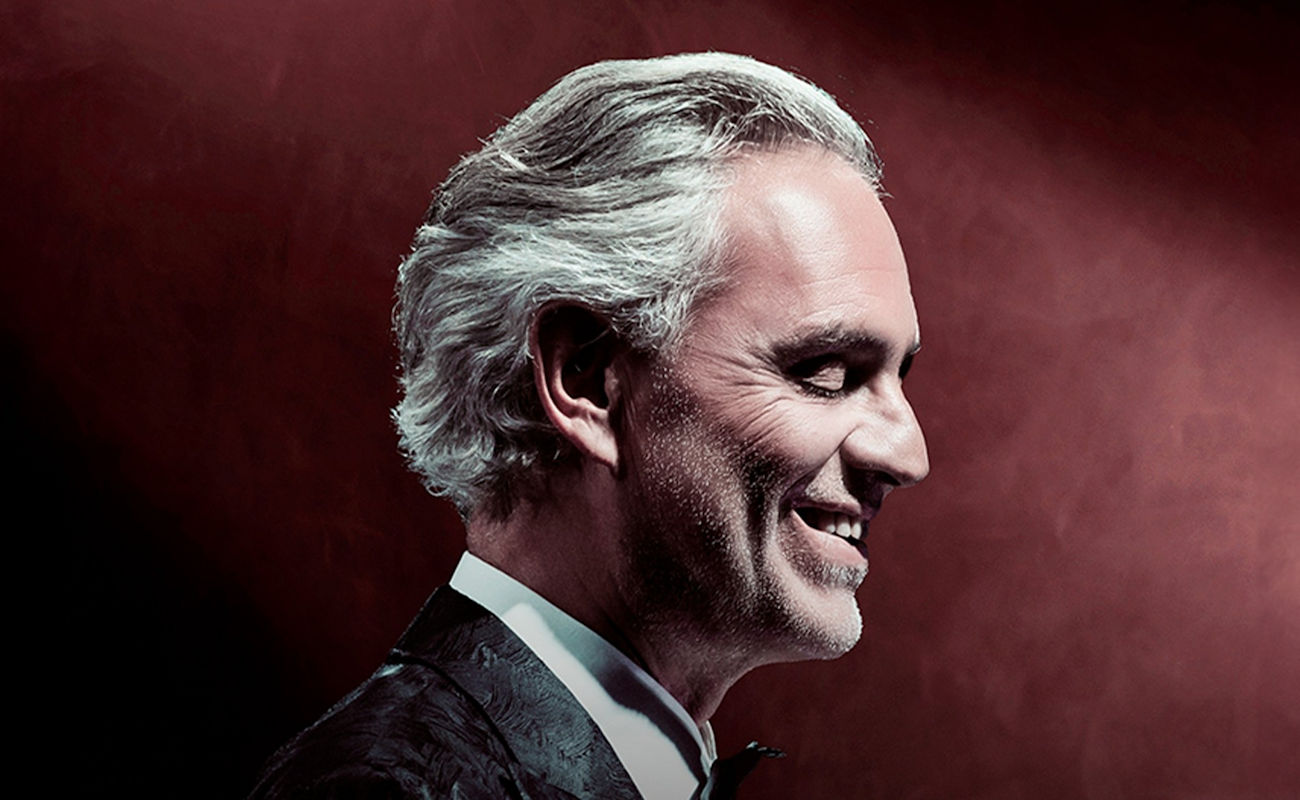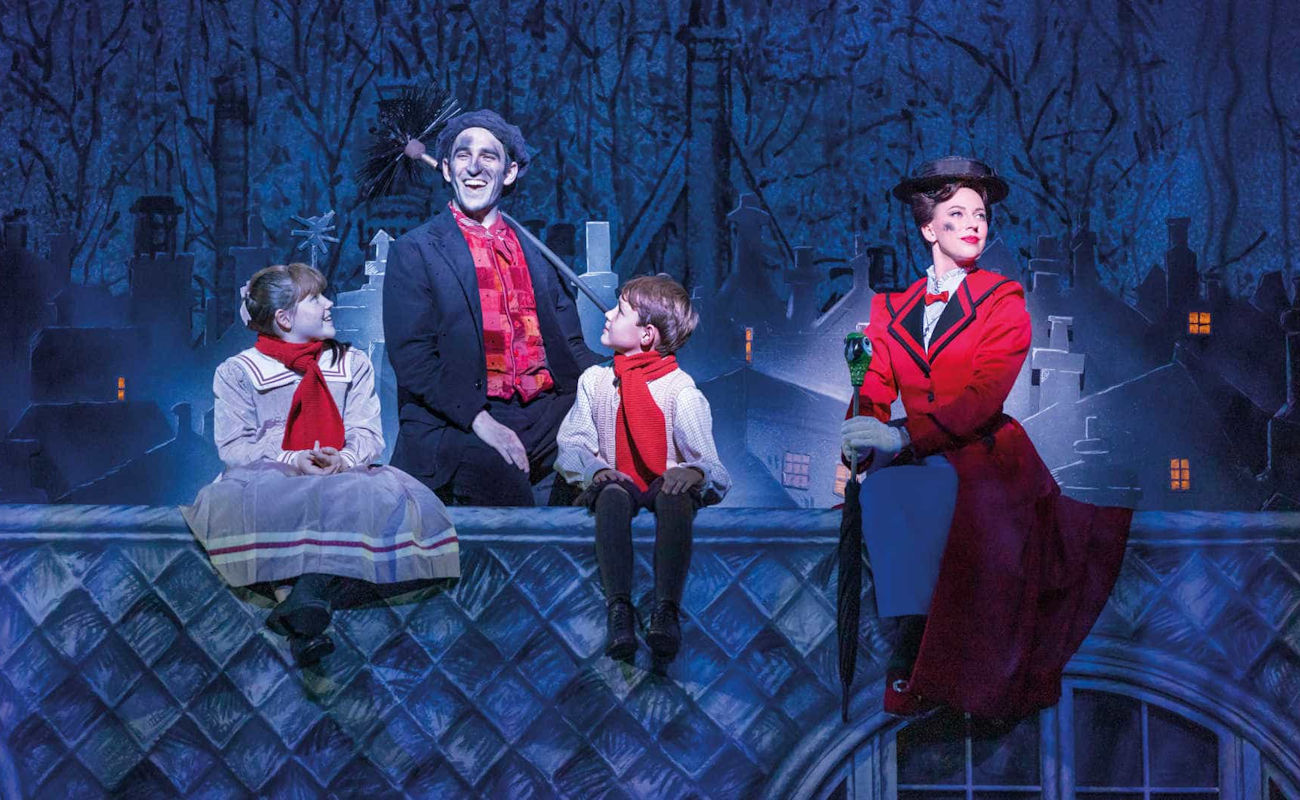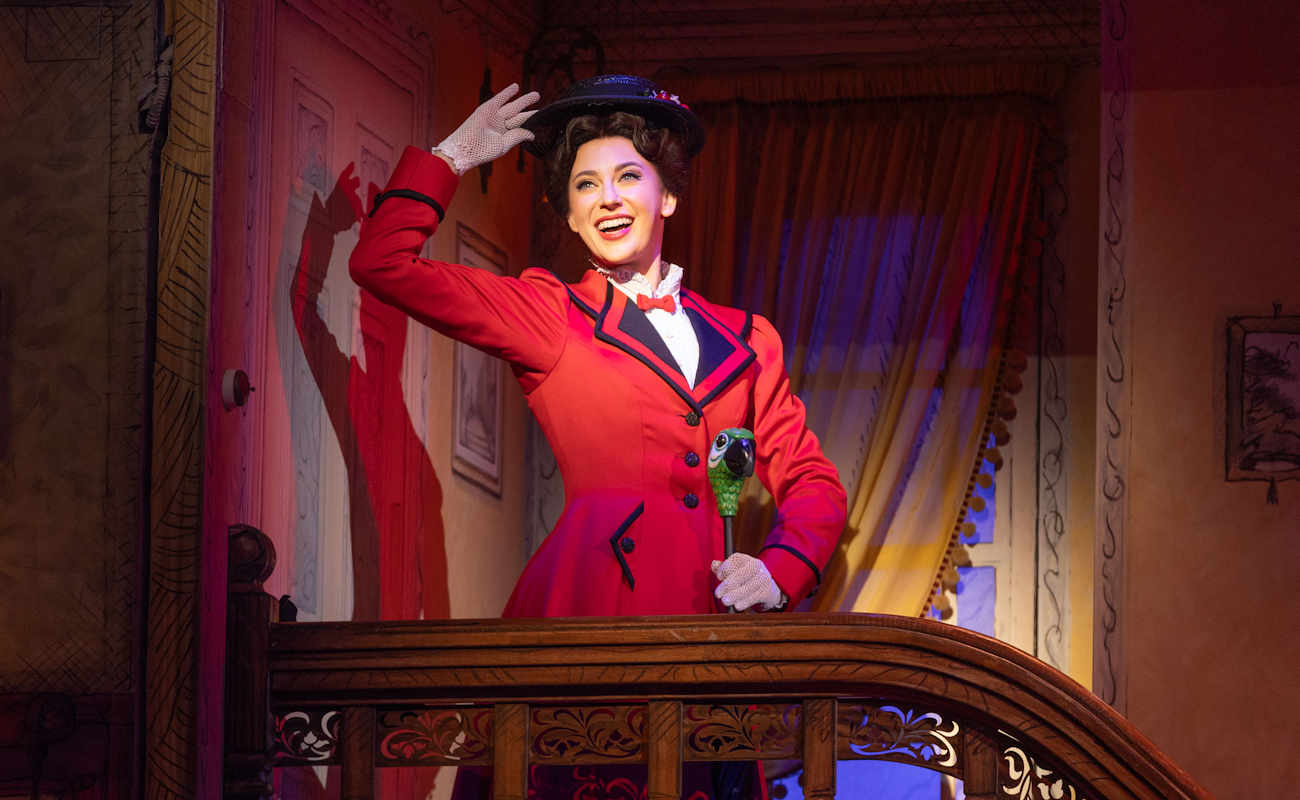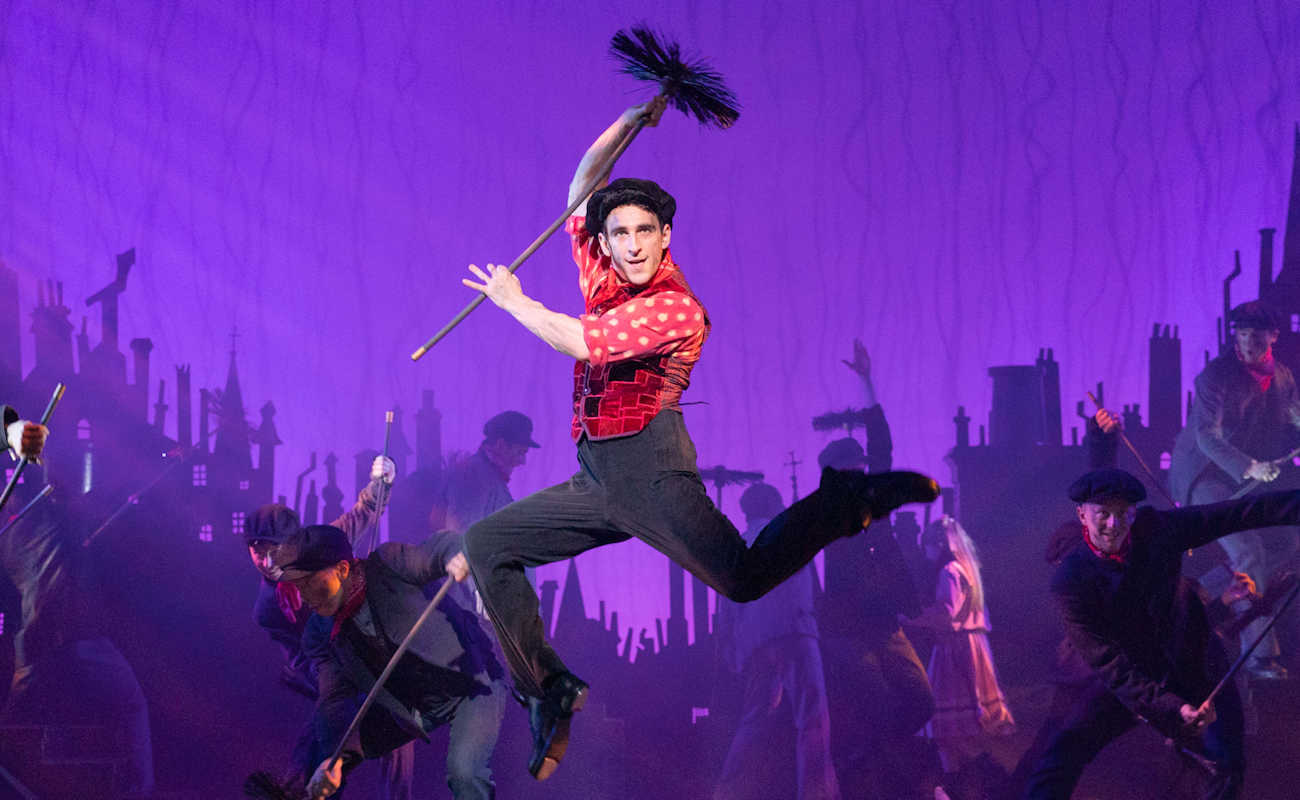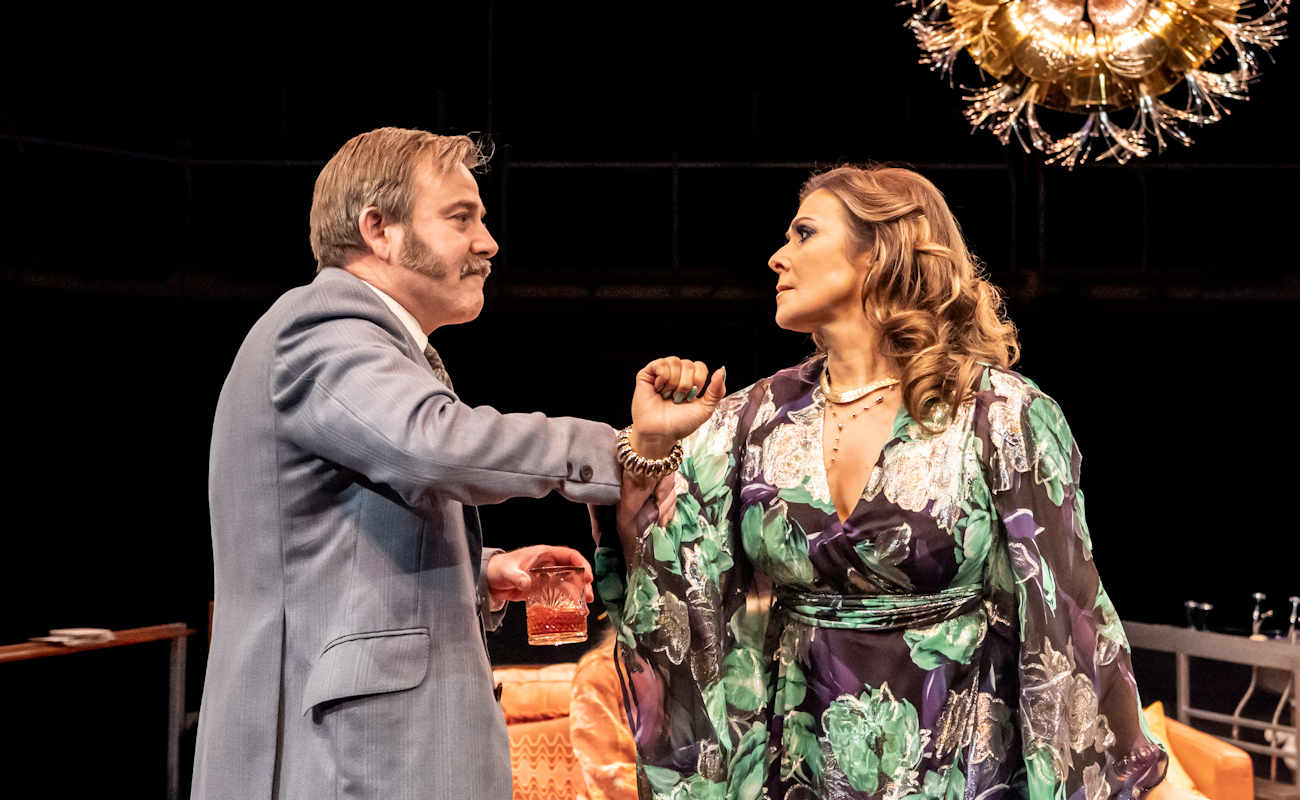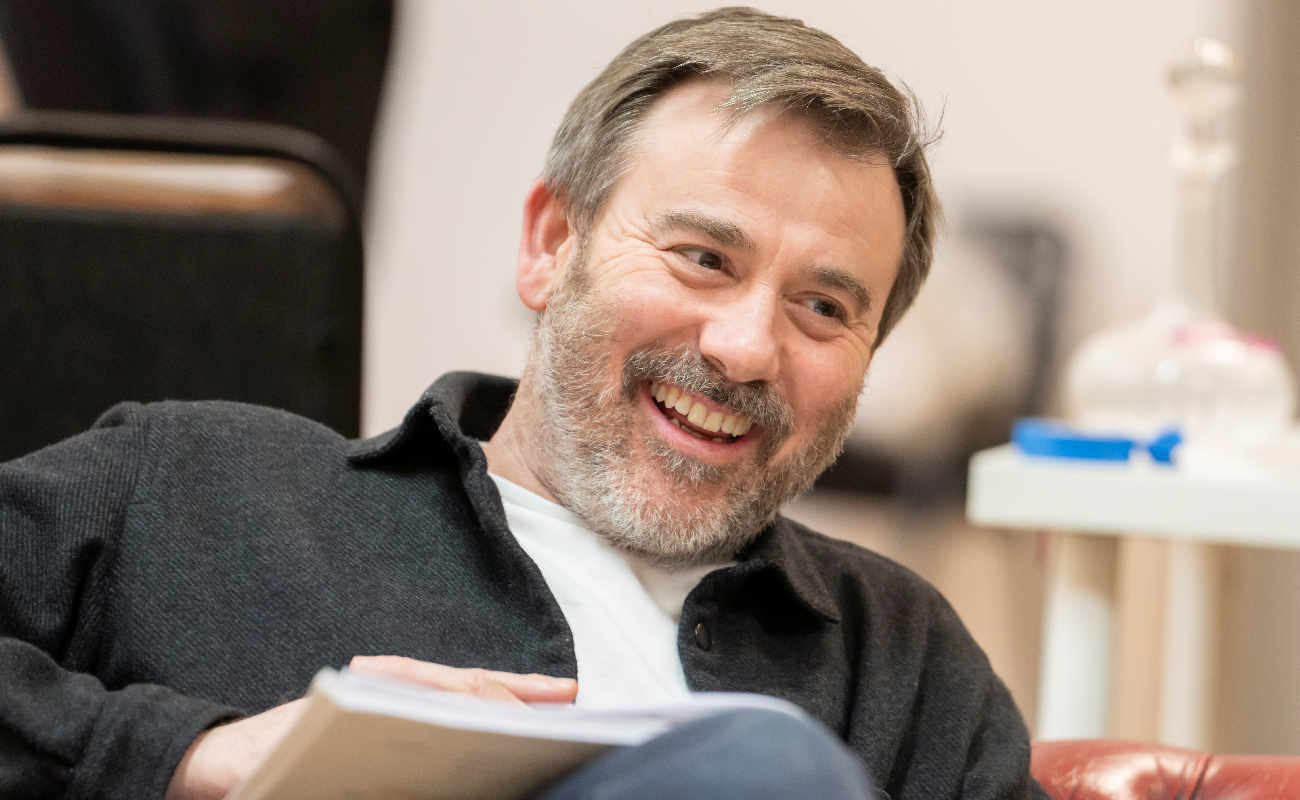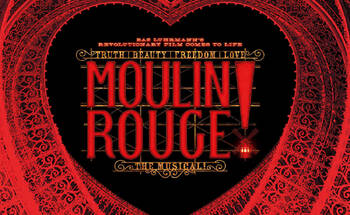Manchester Theatre News & Reviews
REVIEW - Opera North's Così Fan Tutte is fabulous with its rich harmonies, soaring melodies and Mozart's stunning score
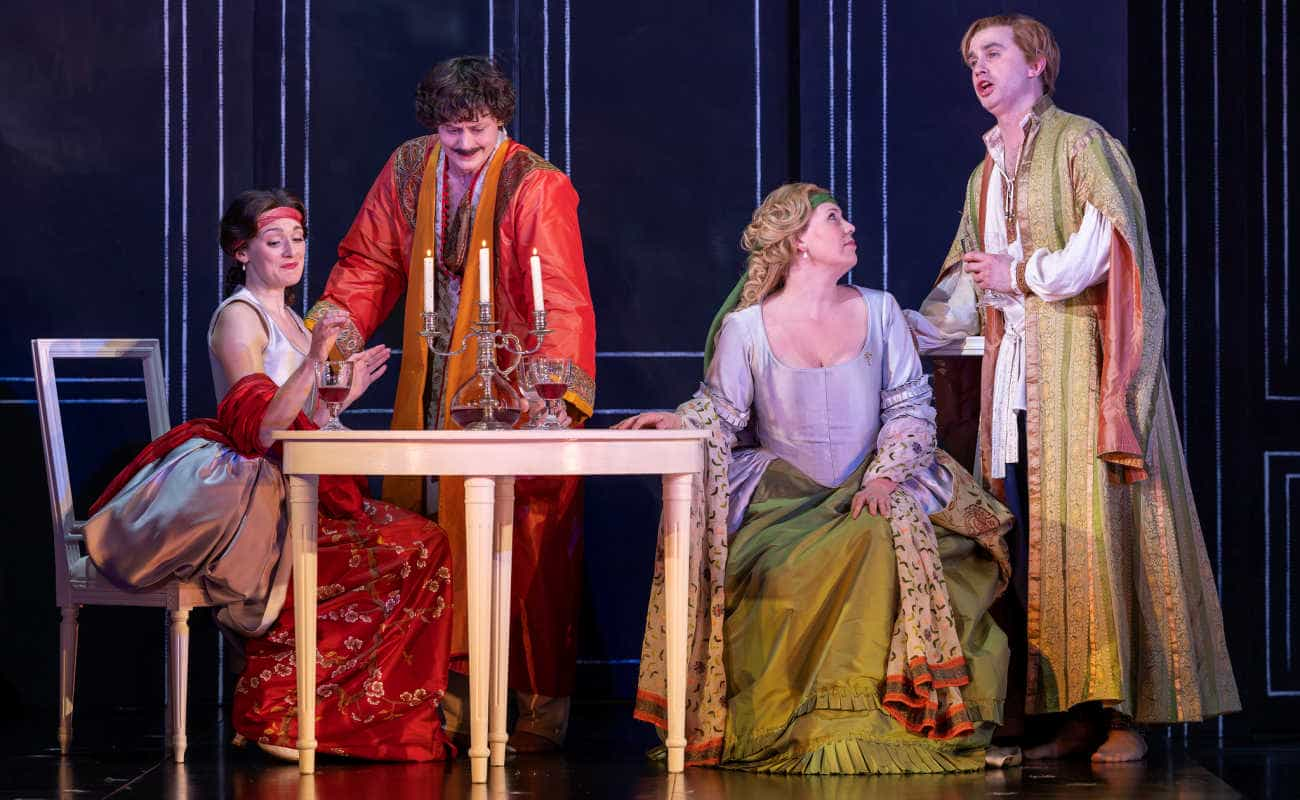 BOOK YOUR TICKETS HERE
BOOK YOUR TICKETS HERE
On Thursday, we were invited to The Lowry, Salford to watch Opera North's Cosi Fan Tutte. Read what our reviewer Christa Norton thought about this fantastic production...
The joy in watching an opera by Mozart is that there is so much more to it than just the opera itself. Which is saying something given that each and every one of them is an extraordinary work of art. But I love the ‘behind the scenes’ stories which, for me, add an extra richness, and that create a sense of connection to this brilliant man. Take the Marriage of Figaro for example – the story is fairly traditional fare until you put it into the context of the revolution that was brewing in neighbouring France at the time of its composition. Indeed, Mozart’s choosing of this libretto was met with a certain amount of scandal. Or how about The Abduction of Seraglio, renowned as being one of the first operas in the German language, marks a distinct movement away from the dominance of Italian opera. Amusingly, this is opera in which Joseph II, having heard its premier – told Mozart that there were “too many notes”.
So what to learn from Cosi Fan Tutte? The story is a comedy yet it nevertheless betrays what I find a common theme in Mozart’s operas – a deep cynicism about love. Or at least the longevity of love. Cosi Fan Tutte translates roughly as ‘So do they all’, meaning that no woman will remain faithful given the opportunity to stray. It begins with the cynical and scheming Don Alfonso teasing his two young, idealistic and hopelessly in love friends, Ferrando and Gugliemo. In seeking to disillusion them, things take a more serious turn, and he bets them that both their fiancées – sisters Fiordiligi and Dorabella - will not stay faithful if tempted. The challenge is accepted.
A ruse is decided on - Ferrando and Gugliemo pretend to be ‘called to war’, only to return in disguise as handsome strangers, on a mission to seduce the other’s fiancée. The sisters initially reject the strangers, but with the help of Despina, the sisters’ wily maid, Don Alfonso conjures increasing pranks and tomfoolery in an attempt to break the lovers apart. So who will win the wager?
There is certainly a lot of joy to be had in watching this vibrant and funny production from Opera North. The atmosphere at last night’s performance was relaxed, with an audience ready and willing to laugh, to enjoy the evening’s entertainment. The production is sung in English, but there are also screens with the libretto to either side of the stage, meaning everyone can easily follow what is happening on stage.
Alexandra Lowe (Peter Grimes, The Marriage of Figaro) is stunning as the naïve yet almost steadfast Fiordiligi. Her voice is rich yet retains a lightness ideal for Mozart’s score. I particularly enjoyed her duets with Heather Lowe’s (Dido and Aeneas, The Barber of Seville) coquettish Dorabella at the opening of Act 1 – their voices complement each other beautifully. Both singers perfectly capture the sense of the immature, overly dramatic sisters who are too caught up in their perceived emotional narratives to understand how they truly feel – their heartbroken histrionics in the first act received many laughs from the audience!
Henry Neill (Peter Grimes, Don Giovanni) and Anthony Gregory (The Barber of Seville, Messiah) as Gugliemo and Ferrando respectively, are equally well-matched as the sisters’ hapless lovers and would be suitors in disguise. Their first disguised attempt to woo the sisters by showing off the fine quality of their moustaches is hilarious, and yet at the same time they bring a certain endearing earnestness to their roles, so that I can’t quite see them as villains despite their careless behaviour.
The definite villain was Quirijn de Lang’s (The Magic Flute, St John’s Passion) Don Alfonso and goodness, does he take on the role with relish, cajoling and manipulating everyone else on the stage. He even occasionally gives direction to the orchestra, for example giving them permission to start at the very beginning; this is a clever piece of direction that truly positions him as puppet master of the whole affair. Yet I was interested to see that de Lang also brings a sense of bitterness to the role, adding some depth and context to what is otherwise a superficially cruel and obnoxious character.
This puppet master concept is also reflected through the innovative set design. The opera opens with the stage dominated by a huge camera lens, and, as the wager gets underway, the audience is invited to look through this lens into the sisters’ house, which is all black inside, much like the inside of an old-fashioned camera. For me this concept works well; the production overall is set in Mozart’s time and the rest of the set and costumes reflect this period: the camera (invented nearly 30 years after Mozart’s death) creates the sense that we are watching a story, a film, something that is make-believe. For me the only challenge is that, with so much black, the set does then lack a certain vibrancy of colour, especially as the costumes are also - for the most part - in muted colours.
Perhaps my favourite performance of the evening came from Gillene Butterfield (The Adventures of Pinocchio, The Magic Flute, The Merry Widow) in her role as a gloriously feisty Despina. I really enjoyed the worldly sassiness she brings to the role, a stark contrast to the two wide eyed sisters who often reminded me of trapped birds flapping in a cage. Butterfield’s performance as the doctor wielding magnets against arsenic poisoning is inspired, and I loved the way that she interplayed with the orchestra, using the score almost as a sound effect rather than an accompaniment.
Indeed, the Opera North orchestra demand special mention, perfectly achieving the lightness and frivolity of the music and matching the beautiful timbre of the singers’ voices. The score demands that musicians and singers interweave the melody between them, which requires real musical sensitivity and intuition, not to mention precision and control on the part of the conductor Clemens Schuldt. This is achieved time and time again, providing a wonderful sense of fluidity in the music as a whole. The woodwind and brass in particular deliver that sense of vivacity, creating a range of soundscapes to that help capture the different emotions on stage.
I have been to many Opera North productions over the years, all of which have been exceptional, but I must admit I couldn’t quite let myself get lost in the absurdity and farce of the story. Even in a comedic setting, the continued pursuit of two women who have quite clearly said “No” left me with just that slightly uncomfortable feeling that I couldn’t shake, in spite of some genuinely laugh out loud moments.
But that said, the story has never been the strong point of this opera: it is Mozart’s stunning score, its rich harmonies and soaring melodies that the audience come for. This production of Cosi Fan Tutte offers a fabulous evening’s entertainment and I highly recommend it.
WE SCORE OPERA NORTH'S COSI FAN TUTTE...
Opera North is on at The Lowry until Saturday 23rd March 2024.
Watch our video "In Conversation with Alexandra Lowe" discussing the show.
WE HAVE AN EXCLUSIVE OFFER FOR YOU - £25 TICKETS (SAVE UP TO £47 PER TICKET!)

